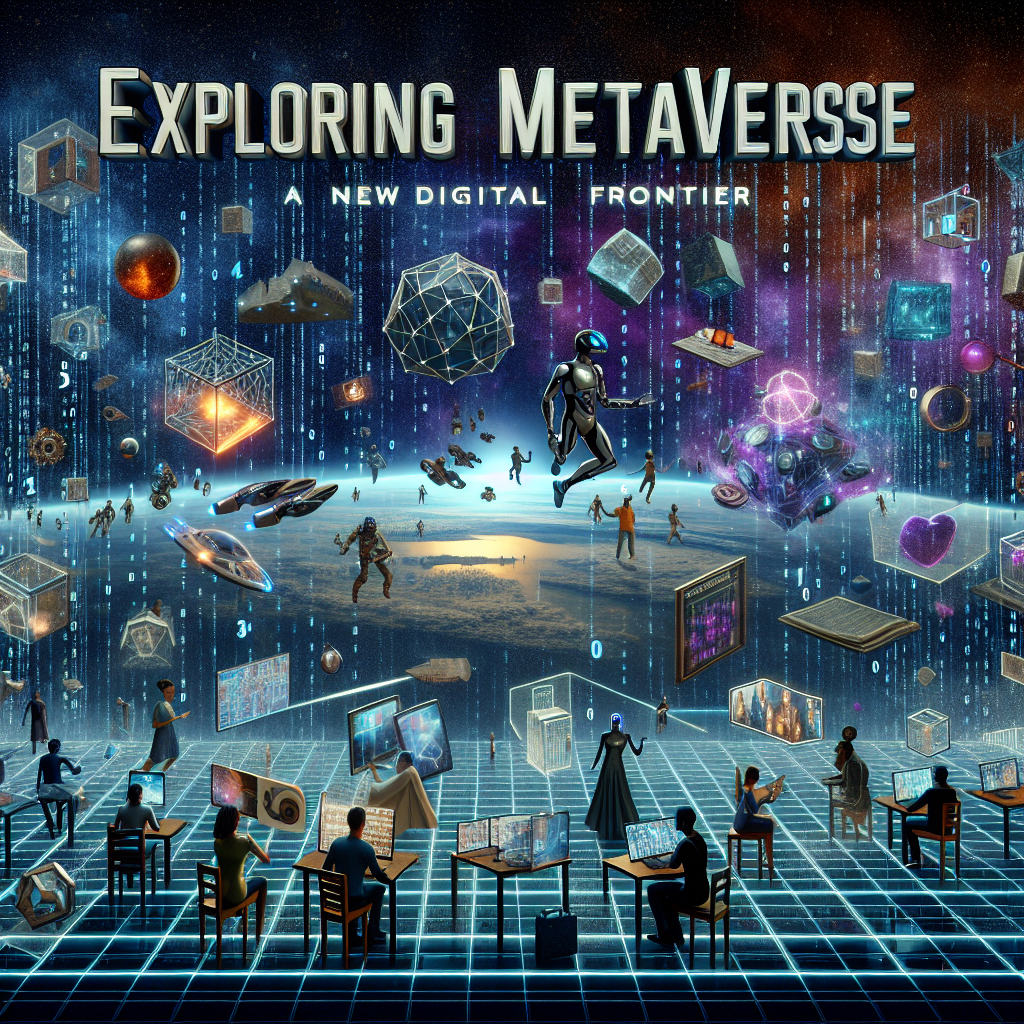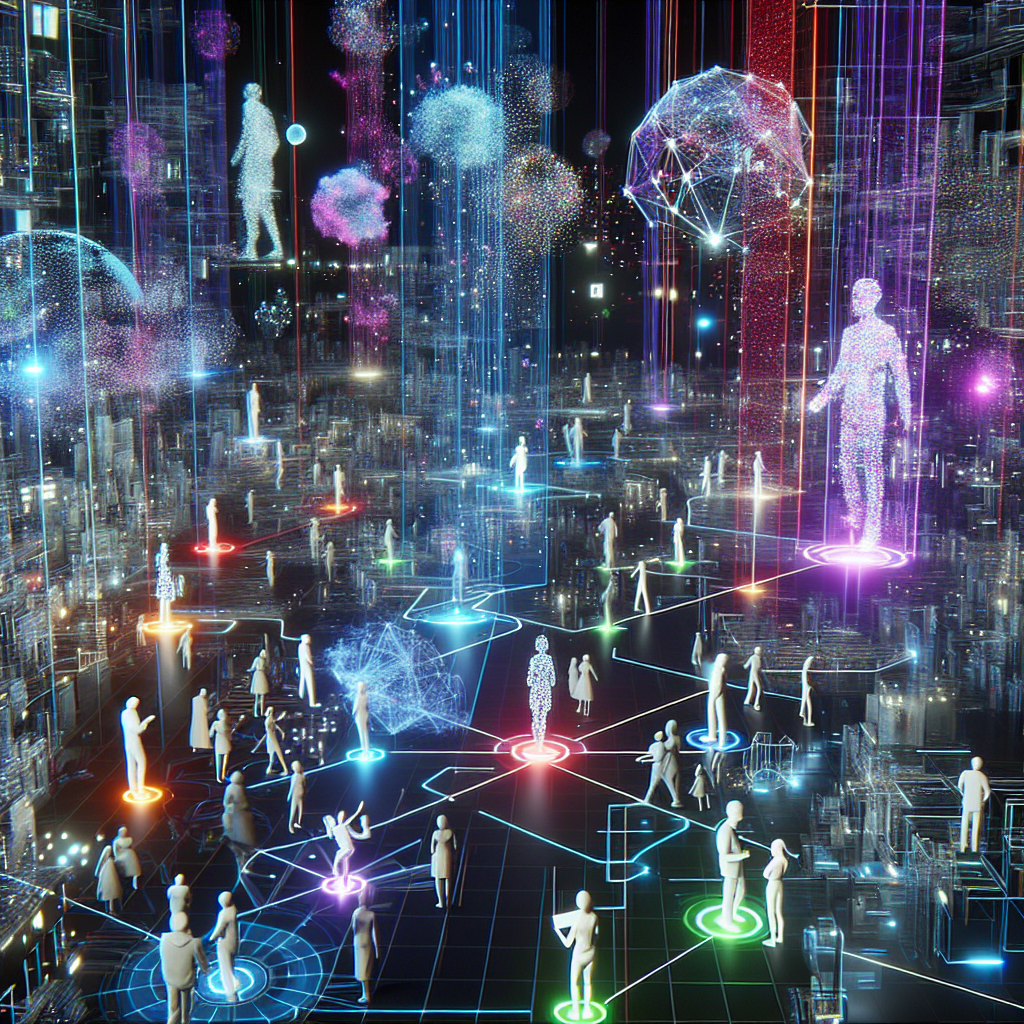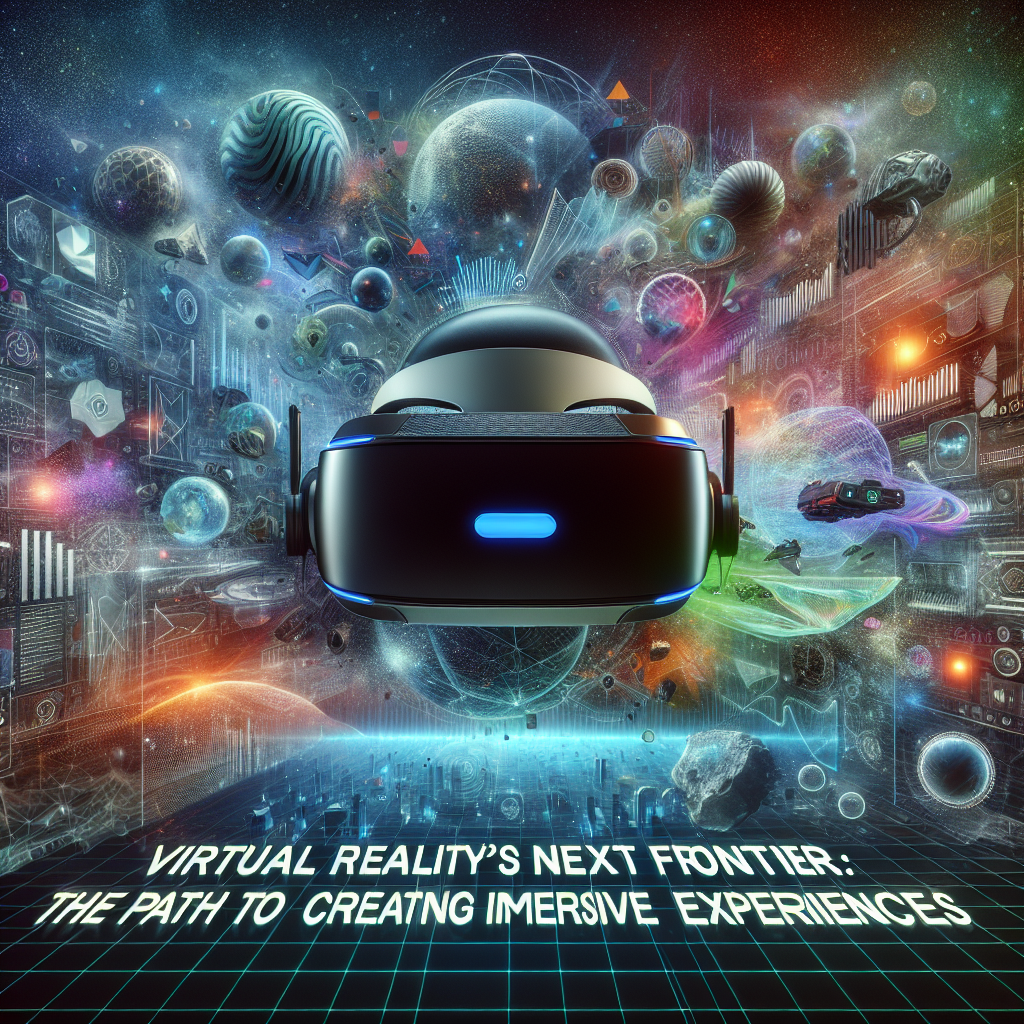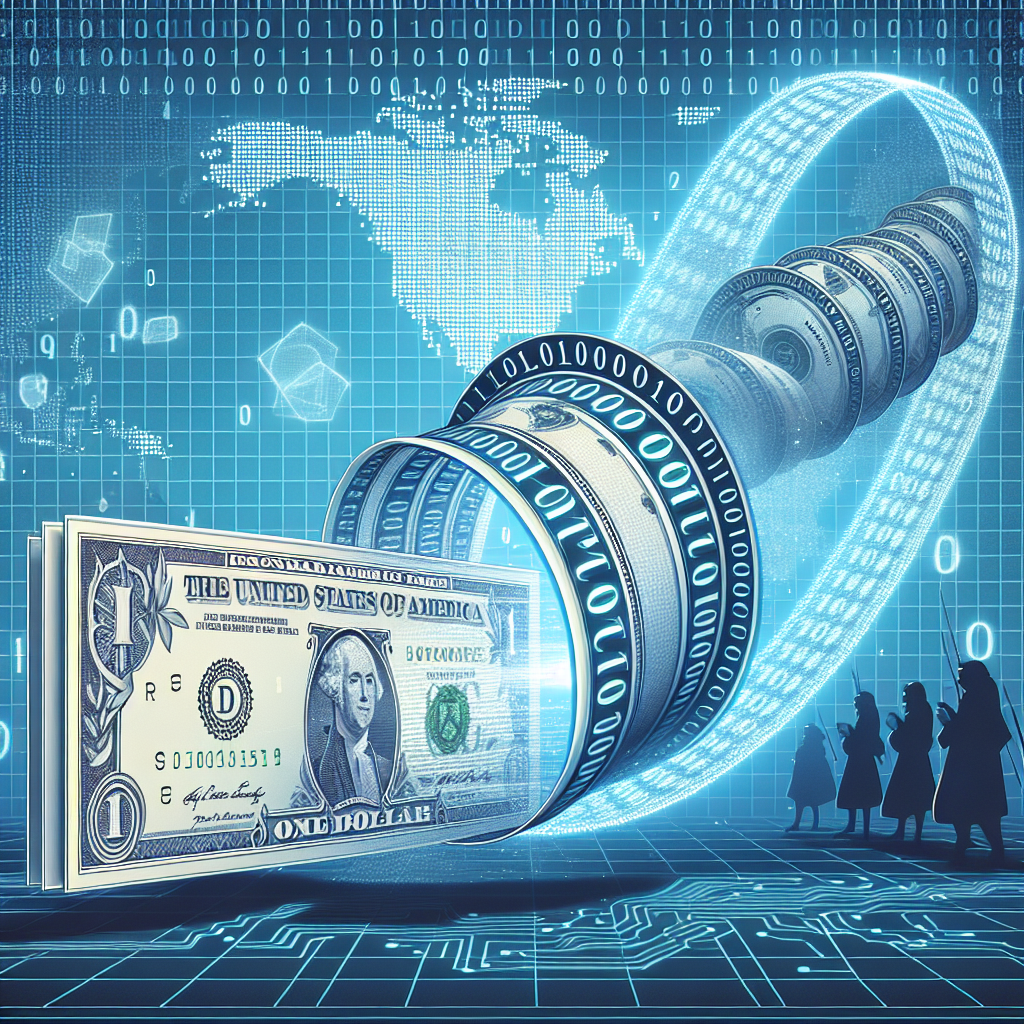Introduction
Imagine a universe where digital and physical realities meld into one, where avatars attend business meetings, concerts happen in a virtual amphitheater, and shopping is an immersive 3D experience. This is the metaverse, a conceptual and technological frontier heralded as the next evolution of the internet. As we stand on the cusp of this new era, let’s dive into what the metaverse is, how it works, and what it means for our future.
What is the Metaverse?
The metaverse is a collective virtual shared space, created by the convergence of virtually enhanced physical reality, augmented reality (AR), and virtual reality (VR). It’s an expansive network of 3D virtual worlds, maintained in real-time, where users can interact with each other and the digital environment through avatars.
The term "metaverse" was coined by Neal Stephenson in his 1992 novel "Snow Crash," but what was once science fiction is rapidly becoming a reality. Big tech companies like Meta (formerly Facebook), Google, and Microsoft, alongside numerous startups, are investing heavily in developing the infrastructure and experiences that will bring the metaverse to life.
Key Components of the Metaverse
1. Virtual Reality (VR) and Augmented Reality (AR)
VR creates immersive experiences by generating computer-simulated environments that users can interact with using VR headsets. AR, on the other hand, overlays digital information onto the real world through devices like smartphones and AR glasses. Both technologies are crucial in blurring the lines between the digital and physical realms.
2. Blockchain and Digital Assets
Blockchain technology ensures the security, transparency, and uniqueness of digital assets. Non-fungible tokens (NFTs) are a prime example, allowing for ownership of digital items, from art to real estate within the metaverse. Cryptocurrency will likely serve as a central medium of exchange in these virtual economies.
3. Social Interaction Platforms
Platforms like Decentraland, Roblox, and Fortnite have laid the groundwork for social interaction within the metaverse. These platforms offer user-generated content, virtual events, and shared spaces for collaboration and play, hinting at the metaverse’s potential to transform digital socialization.
4. Interoperability
For the metaverse to truly flourish, different virtual worlds need to be interoperable. Standards and protocols will ensure seamless movement between different metaverse environments, much like browsing different websites today.
Potential Impacts of the Metaverse
Economic Opportunities
The metaverse could potentially overhaul conventional economy models, creating new revenue streams. Virtual real estate, digital fashion, and virtual goods markets are already emerging, providing a glimpse of a vast economic ecosystem.
Transforming Work and Education
The metaverse could revolutionize remote work and education. Virtual offices and classrooms can provide immersive, interactive experiences, potentially increasing collaboration and learning efficiency. Imagine attending a history lesson in an accurately reconstructed virtual Ancient Rome or brainstorming with colleagues in a digital replica of your office.
Social Interaction and Entertainment
From virtual concerts and art galleries to digital theme parks, the metaverse offers new dimensions of social interaction and entertainment. It can host an array of activities, bringing people together in unique and creative ways, irrespective of geographical constraints.
Privacy and Ethical Considerations
As with any technological innovation, the metaverse brings concerns regarding privacy, security, and ethical use of data. The vast amounts of personal data generated in the metaverse need robust protection mechanisms, and the ecosystems should foster a responsible and inclusive digital society.
Conclusion
The metaverse is not just a technological evolution; it’s a paradigm shift poised to reshape how we interact with the digital and physical worlds. While it’s still in its nascent stages, advancements in VR, AR, blockchain, and interoperable platforms indicate that the metaverse is not a distant dream but an impending reality.
As we explore this new digital frontier, the onus is on technologists, policymakers, and society at large to mold the metaverse into a space that enhances human interaction, promotes inclusivity, and safeguards privacy. Whether you’re a tech enthusiast, a business leader, or an everyday internet user, the metaverse holds a fascinating and transformative potential for our collective future.














Leave feedback about this
You must be logged in to post a comment.